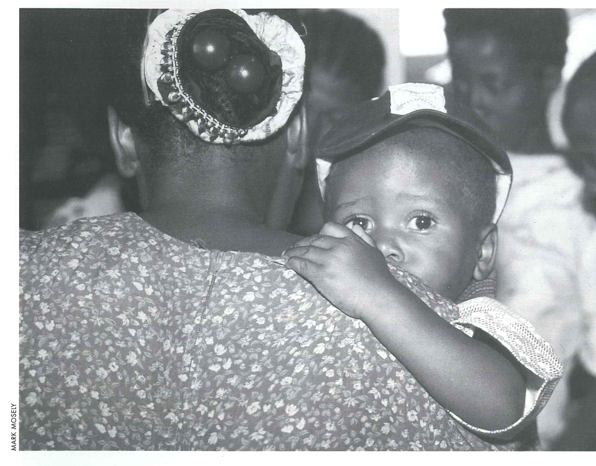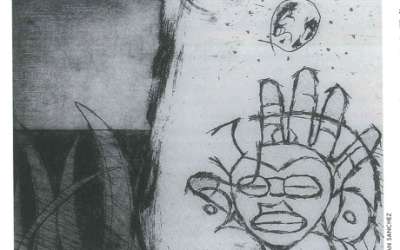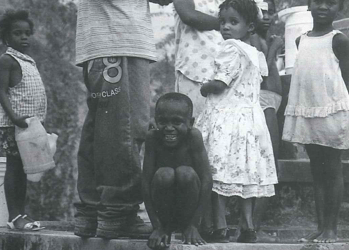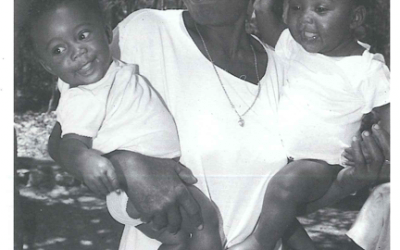Health in the Americas
A Search for Equity

The state of health of the Western Hemisphere, I am pleased to say, is improving, distinguished readers. Every country in the Americas is experiencing a decline in child mortality, a decrease in fertility rates and increased life expectancy in the last decade. The population is just over 800 million persons, and the percentage of those over the age of 60 is rising steadily.
In the Western Hemisphere we are particularly proud of the achievements in the field of immunization, where first we conquered smallpox and then boldly went on to end polio, both tasks that stand as remarkable testimony to the will and commitment of the governments of the countries, as well as to the effectiveness of partnerships in which various public and private agencies worked together. We are on track to eliminate measles, once thought to be a pesky childhood disease but in reality a killer. Childhood tetanus is receding. New vaccines exist for meningitis and hepatitis and one for HIV/AIDS is on the horizon.
Coverage of water and sanitation services is expanding. Governments are spending more on health, the number of physicians and nurses is increasing, and almost every country is trying to reform health services.
We are improving. Yes. But we can’t be satisfied while there is so much more to do. Tuberculosis continues to plague us with a quarter of a million new cases each year. Dengue outbreaks appear with each rainy season. Obesity due to a lack of exercise and proper nutrition is widespread. Maternal mortality in our Region is a scandal. Some 24 million people in the Americas suffer from depression. And latest reports indicate that more than 2,000 people die every day from tobacco-related diseases.
I am even more concerned, however, with an insidious scourge that is undermining any and all advances. The cause is poverty, grinding poverty. We must be exquisitely aware that not only is poverty the cause of much ill health, but also that attention of health can be a mechanism for alleviating poverty. The poor are doubly damned they are more likely to be ill, and the economic cost of illness weighs more heavily on them than on the rich.
There is acceptance of the fact that dealing with poverty on such a massive scale needs collective action, and we see rich industrialized countries laying plans and devising schemes for action to reduce income poverty, most of which are based on enhancing economic growth. We also need collective advocacy from private groups to argue much more vigorously for a multidimensional approach to poverty reduction, an approach that seeks to strengthen institutions and give voice to the voiceless poor.
In the region of the Americas, the problem is not only poverty, it is inequality the disparities that are socially unjustified and lead to ill health. The better the efforts of the countries to collect good data and disaggregate them, the more easily we identify the gross disparities in health status among and within countries. It is important to recognize these health disparities that we deem to be inequities, but if we are going to address them we have to do so by first identifying the disparities in the determinants of health.
There are disparities particularly in the economic and social conditions that lead to differences in health status that we consider unfair and so socially unjust that we brand them as inequities. Health indicators are worse in poor countries, but within all countries the distribution of indicators of mortality and morbidity shows gross disparities. Within countries, we see vast differences when ethnicity and geography are used as determinants. The poor health of indigenous peoples is a classic example of health inequity, and this is not a problem only of the indigenous people of poor countries.
The search for equity in health must be guided in large measure by reliable data The search for equity in health must be guided in large measure by reliable data that are transformed into information about the nature and distribution of health problems. This information should be widely shared so that countries, particularly those with scarce resources can effectively apply them.
The distribution of income is a major determinant of health outcomes. Where traditional approaches to the relation of wealth to health dealt with absolute differences between groups divided according to income, there is significant interest now in the distribution of income in a society and its effect on various outcomes. It has been known for centuries that the poor are less healthy and die younger and there are numerous eloquent statements on the role of poverty in disease. This is of particular relevance to the countries of Latin America and the Caribbean, which have the unfortunate reputation of having the worst distribution of income in the world.
I am a loud advocate for more equity in our region, not just because of the morality of the issue but also because I know it is good for the societies in which we live. Differences between and among people that are avoidable are a cause for the kind of jealousies that lead to social instability. Let me say that investment in health must be seen as producing a public good and contributing to the economic well being of our citizens. Let me say that we seek health for all.
Fall 2000
Dr. George A. O. Alleyne, MD, is the Director of the Pan-American Health Organization, the oldest international public health agency and the Regional Office for the Americas for the World Health Organization. A native of Barbados, Alleyne was knighted by Queen Elizabeth in 1981 for his work in medicine.
Related Articles
Latino Mental Health
What brings you in to see me today?” This is the typical question asked of new patients during a psychiatric evaluation in a Boston clinic. When asked of a Latino patient, however, the answer…
Health: the Hope of Haiti
At no time have I felt more vital than in serving at Partners In Health (PIH), and seldom more needed than in places like Haiti. In the Haitian people, as well as in every other country that PIH serves, we find an…
Whither Equity in Health?
A waiting room in a charity clinic in rural Haiti. It is a humid afternoon, and huge drops of warm rain are starting to fall. A young woman is watching as her ten-year-old son, Dominique, clutches…




